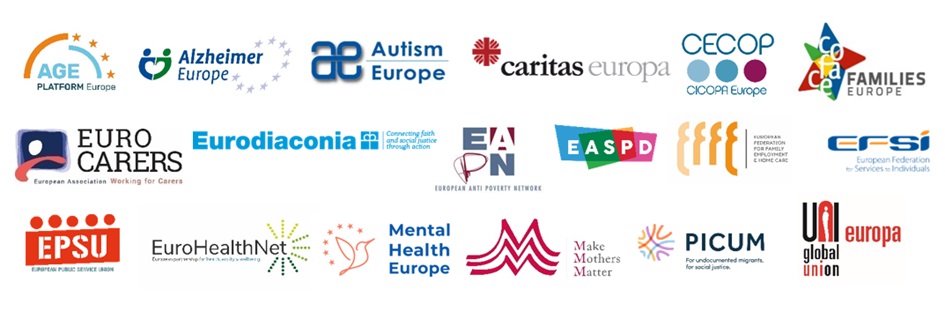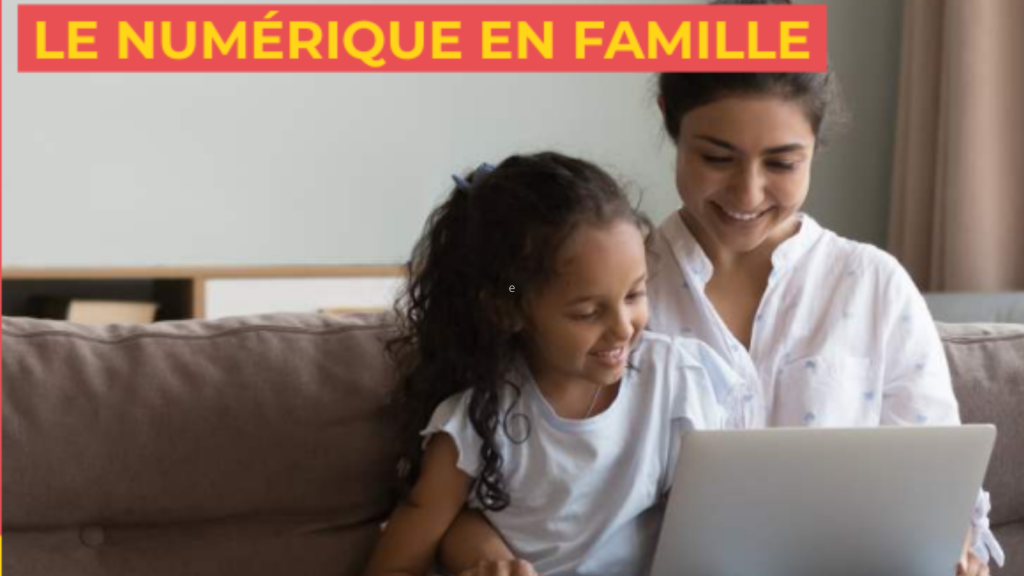Media release Brussels, 8th February 2022
On this Safer Internet Day, COFACE Families Europe calls on all relevant stakeholders to ensure that children are supported in their development as digital citizens. This does not mean limiting children’s use of the internet, but ensuring that the online world is regulated by policy makers and designed by technology companies to uphold children’s rights. As a key part of children’s ecosystem, families must receive strong guidance and support in navigating the risks and opportunities of the digital era.
We have started the new decade with a renewed focus on children’s rights in the EU. Both the EU Strategy on the Rights of the Child and the 2022 European Year of Youth acknowledge the need for us to protect and empower children as digital citizens. The online world must be an environment of children’s rights, not void of them.
Offline, the tendency has been to give children particular care and support before they become adult citizens with the rights and responsibilities that this implies. One example of this adult citizenship is the right to vote. Across the EU, children are not allowed to vote, they are expected to become fully socialised in the world before being able to cast a ballot. The opposite is witnessed in the online world. Children are expected to navigate the online world as competent and responsible digital citizens despite their age and vulnerabilities. They are treated like adults online, but not offline. Children’s digital citizenship brings multiple opportunities for realising children’s rights but requires technology companies, policy makers, and families to play their part.
The answer to creating a safer internet for children is not banning children from the digital world. Children must be supported to become resilient digital citizens gradually across their development. This approach can put additional pressure on families, who often feel daunted by the task of raising the ‘Digital Generation’. COFACE Families Europe are doing their part to provide proper support and guidance, with the 2030 Child Compass as the starting point for shaping a healthy and safe environment fit for children. Additionally, as part of the Erasmus+ Project, Skills4Parents, COFACE Families Europe has contributed to creating a guide providing parents with the tools to tackle these everyday parenting challenges, all applicable to parenting in the digital era.
No matter how digitally competent and supportive families are, they do not hold all the keys to creating and supporting children as digital citizens. It is still deemed legal for technology companies to profit from instrumentalising children’s use of their products. Feeding children’s ‘smart hunger’ with addictive algorithms, insidious marketing of nutritionally poor food, and toxic content on diet culture, self-harm, et cetera. Technology companies must be held accountable for creating a safe environment for children as digital citizens. On the 20th of January, the European Parliament adopted an amendment to the Digital Services Act banning using children’s data to create targeted advertisements. COFACE together with the European Public Health Alliance and other EU CSOs also have launched a call for strong EU legislation to protect children from the marketing of nutritionally poor food online. Technology companies must create and policy makers regulate an internet that works by default for children and does not merely see them as consumers.
The digital era may signal a different approach to promoting and protecting children’s rights. Children may not be able to act as adult citizens do, but they are expected to act as digital citizens. Therefore, technology companies must be held to account, and families be adequately supported. To achieve this aim, COFACE recommends the following from our 2021 Policy and Advocacy session on ‘Parent-child relationships in the digital era’ (stemming from the voices of children and young people themselves):
Engagement
- Children should be involved in creating rules concerning their digital technology use, according to the age and maturity of the child.
Whole family
- Children and young people, as the Digital Generation, may play a role as ‘experts’ to support their family members’ use of digital technologies. Peer-to-peer education and ‘reversed learning’ are useful tools, but the burden should not be placed on the child. Children have their own agency but also their own vulnerabilities to be considered at all stages of developing guidance.
Responsibility
- Technology companies must play their part in creating platforms and products that by design protect and promote children’s rights.
//ENDS
Note to the editor
– COFACE has been a long-time supporter of Safer Internet Day, celebrated worldwide each year on the second Tuesday of February to raise awareness of emerging online issues and current concerns. COFACE works towards ensuring that families and children can enjoy a positive online experience and develop the necessary skills and resilience to cope with what they come across online.
– The recently published DigiGen working paper examining the influence of technological transformation on family life by Olaf Kapella and Merike Sisask (ed.) is available here.
– DigiGen: Research project on the impact of technological transformations on the Digital Generation
– COFACE Digitalisation principles
– COFACE Joint Statement: EU must legislate to end children’s exposure to unhealthy food marketing
– The European Commission – Safer Internet Day
– Key findings: Study session on parent-child relationships in the digital era
Photo: ©instaphotos via Canva.com





